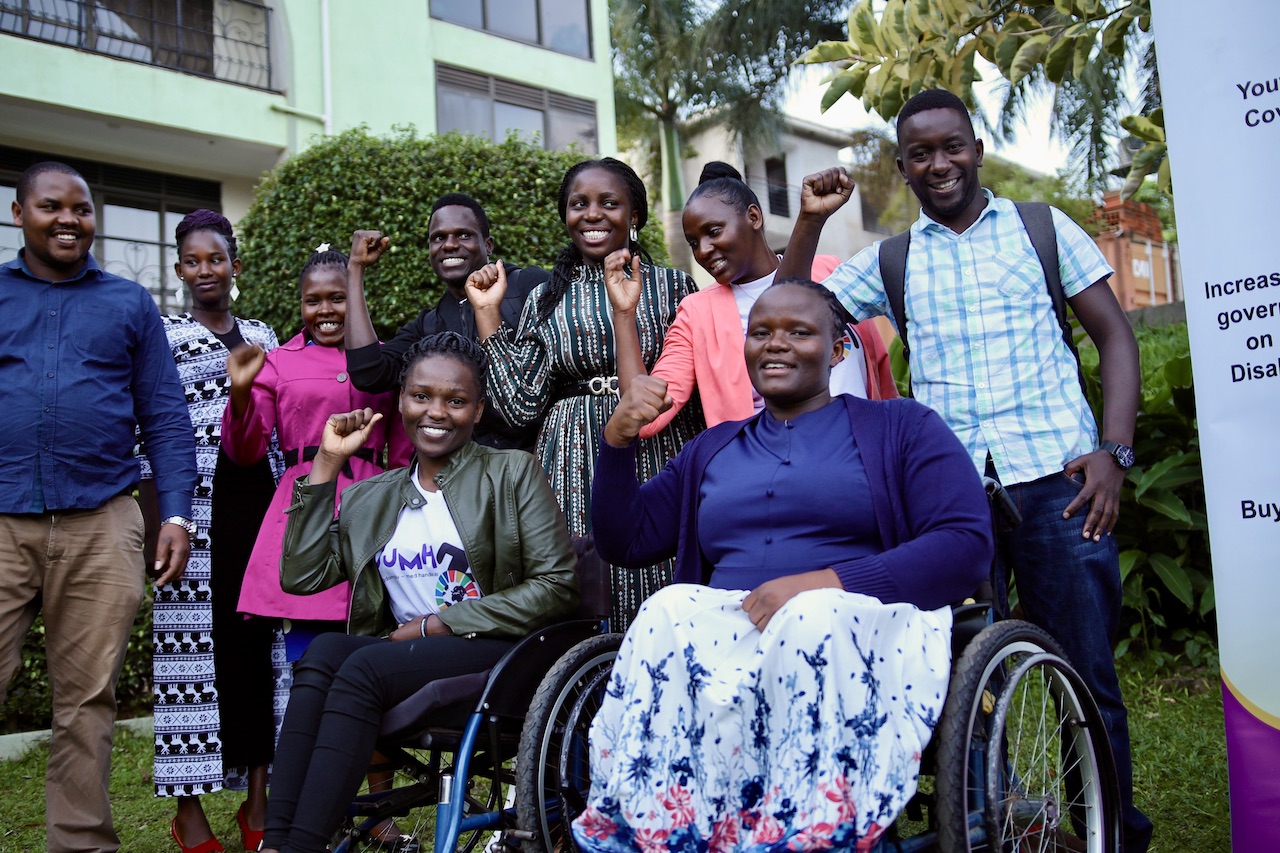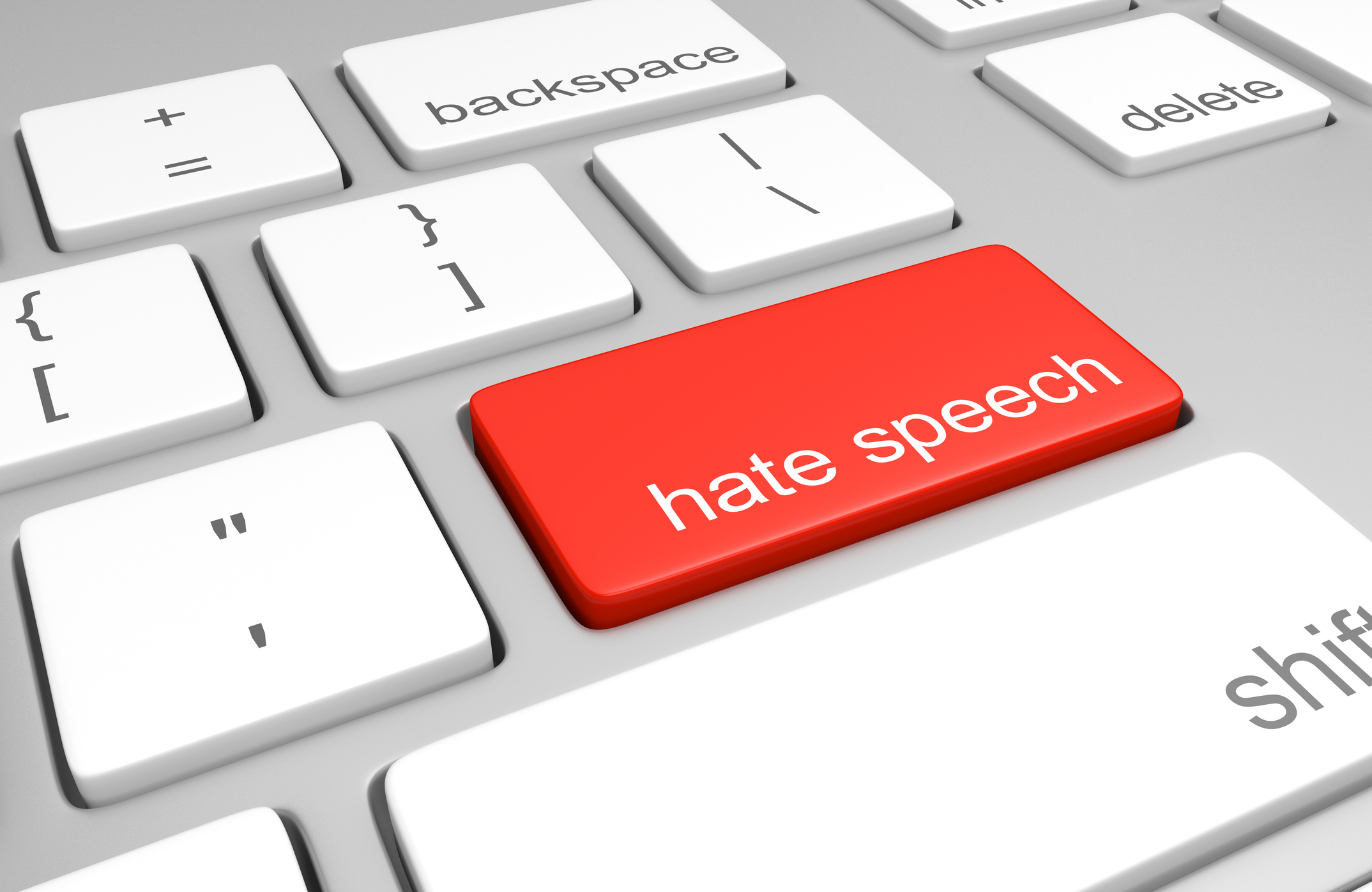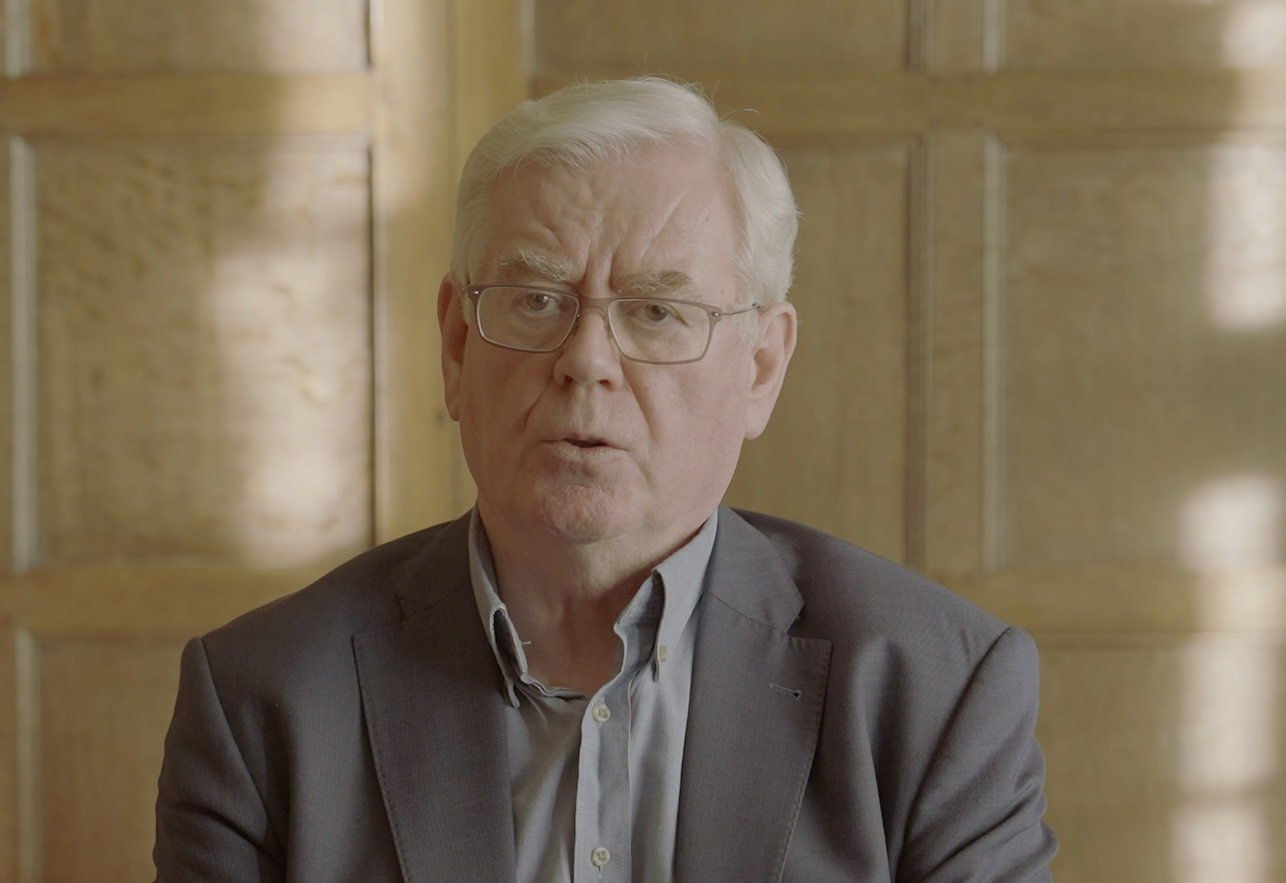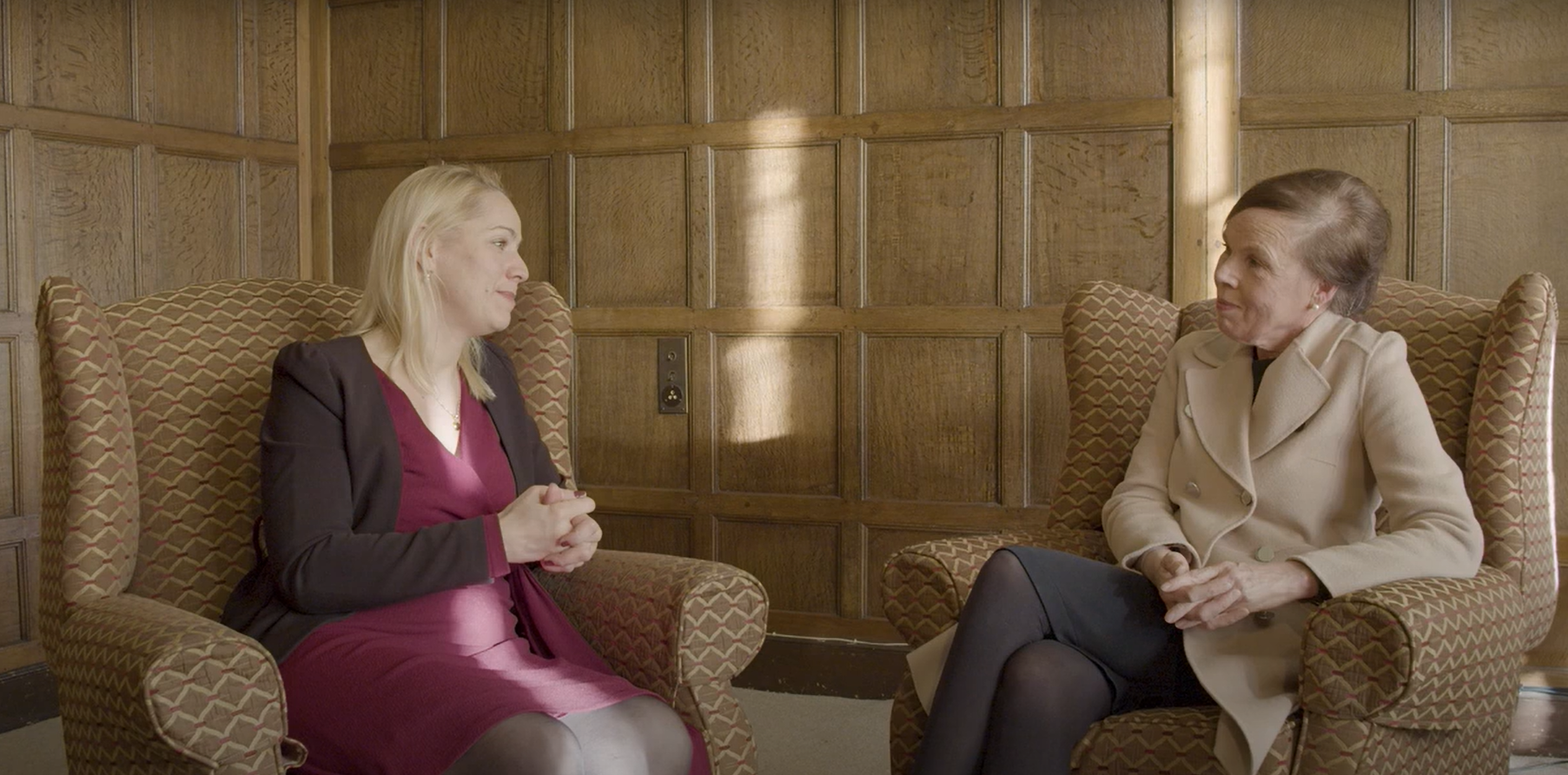This conference constituted the eighth in a series of annual human rights meetings sponsored by the Norwegian and Swiss Governments, and brought together human rights experts from governments in all regions with practitioners, academics and other non-governmental expertise.
Following a year in which there have been major popular protests in the Middle East, and other parts of the world, the conference aimed to:
- achieve greater clarity on the human rights implications of peaceful protest;
- identify common ground among the international community for ways and means to strengthen protection for human rights in times of civil protest;
- examine how social media can support peaceful protest and defend human rights;
- and contribute towards the work of the United Nations’ Special Procedures and other human rights mechanisms.
Key Points that emerged from the conference:
- Protest in various forms plays an important part in political life in many countries. Increasingly various human rights, such as the right of peaceful assembly and freedom of expression, are viewed as contributing to the existence of an umbrella right to engage in peaceful demonstrations and other forms of peaceful protest. There is a need to ensure the universal enjoyment of the range of rights that allow for peaceful protest as well as greater guidance on their effective implementation.
- Domestic legislation relating to the management of assemblies needs to comply with international rights and standards, and governments, parliaments, national human rights institutions and non-governmental organisations should ensure such laws are in place.
- Both treaty-monitoring bodies, and several of the thematic Special Procedures of the Human Rights Council (HRC), can pay greater attention to the rights engaged in peaceful protest and strengthen protection of them. The creation by the HRC of a Special Rapporteur on the rights to freedom of assembly and association is a welcome development.
- There is broad agreement that the relevant Special Procedures of the HRC should be tasked to produce a joint and integrated report on the legal basis for peaceful process.
- Regional organisations should become more involved in strengthening protection for the rights engaged in peaceful process, and should engage with civil society in this.












